Have you ever felt overwhelmed by the complex tasks of production management? Tracking inventory, planning production, and controlling product quality require a lot of time and effort. A good production management software will help you save time, enhance work efficiency, and elevate your business to a new level. But with countless options on the market, how can you find a suitable solution?
This article will list the important criteria when choosing production management software.
1. Meet the specific needs of manufacturing enterprises

1.1. Suitable for the manufacturing industry
Each manufacturing sector has its own specific characteristics, from mass production, production to order, to process production. Therefore, the software needs to provide specialized features to manage raw materials, production schedules, quality control, and inventory management.
For example:
- For food manufacturing businesses, the software needs to support traceability and compliance with food safety standards.
- In the mechanical industry, features such as production progress tracking and machinery management are very important.
1.2. Flexible customization capability
A good management software needs to allow customization to fit the specific production processes of each business. This ensures that the software can grow with the business without needing to be replaced when scaling up or changing strategies.
2. Easy integration with existing systems
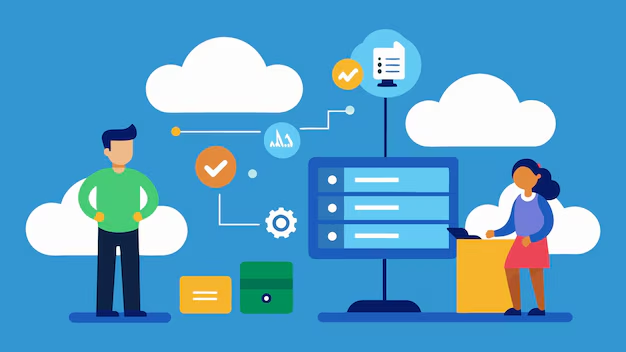
Businesses often use various technology systems such as accounting software, customer relationship management (CRM), or inventory management systems. (WMS). Production management software needs to seamlessly integrate with these systems to create a synchronized technology ecosystem.
Criteria to evaluate:
- Support API to connect with other software.
- Integrate with the current ERP or CRM system.
- Automatically synchronize data to save time and avoid errors when entering data manually.
3. User-friendly interface, easy to use

3.1. Intuitive and simple
Software with a user-friendly interface will help employees easily familiarize themselves and use it effectively without requiring too much training time. An intuitive interface also minimizes errors during data entry or operation.
3.2. Support for local languages and cultures
For Vietnamese businesses, the software needs to support Vietnamese, common data formats (date, time, currency), and comply with domestic legal regulations.
4. Comprehensive management capability
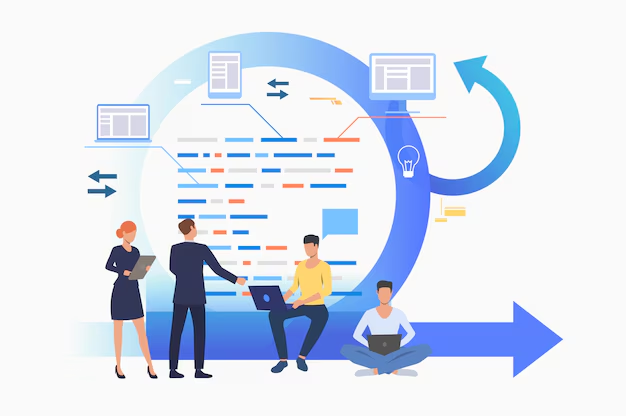
An effective production management software needs to cover all the main aspects of the business, including:
- Material management (BOM): Tracking and planning the procurement of materials to meet production needs.
- Production planning: Organizing and optimizing the production schedule, thereby reducing waiting time and costs.
- Monitoring production progress: Supervising the progress of each stage to promptly detect issues and make adjustments.
- Quality control: Ensure products meet standards from the production stage, reducing the rate of defective goods.
- Reporting and analysis: Provide accurate data to support strategic decision-making.
5. Scalability and Upgradability

Manufacturing enterprises often scale up or change processes to meet market demand. Therefore, the software needs to have the ability to scale flexibly without affecting current operations.
Factors to consider:
- The ability to add new features or integrate new technologies (IoT, AI).
- Support for multiple users and large data without compromising performance.
6. Stability and security
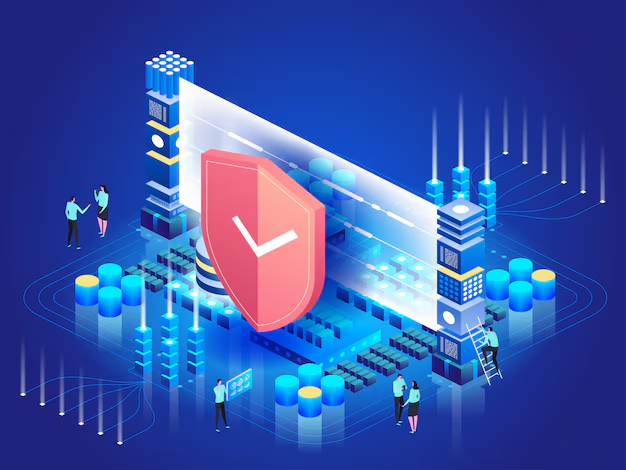
6.1. Stability
A production management software needs to operate stably in a production environment with a large volume of data. Disruptions in the software can cause significant losses for the business, ranging from production halts to loss of customers.
6.2. Data security
Production data, product formulas, and customer information are important assets of the enterprise. The software needs to provide strong security measures such as data encryption, access control, and automatic backups to protect important information.
7. Reasonable cost

Cost is always an important factor when choosing software. Businesses need to consider not only the initial purchase price but also other additional costs, including installation and deployment fees.
- Training costs for employees.
- Software maintenance and upgrade fees.
- Choose software that fits your budget but still meets your management needs.
Choose software that fits your budget but still meets management needs.
8. Support and warranty services
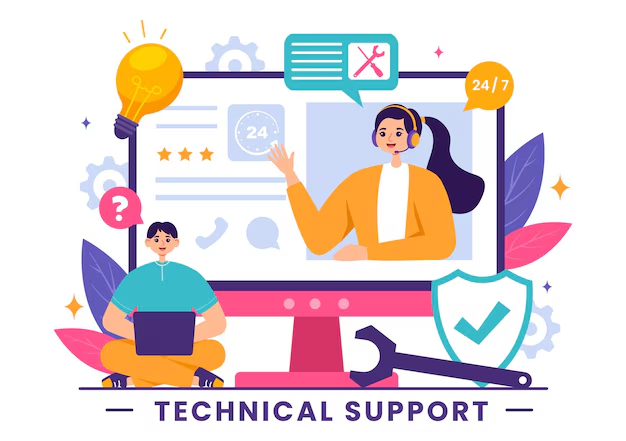
A good software not only needs powerful features but also comes with professional support services. The technical support team needs to be ready to resolve the issues that businesses encounter during the usage process.
Factors to evaluate:
- Response time of the support team.
- 24/7 support or during business hours.
- Software warranty and maintenance policy.
9. Customer reviews

Before making a decision, businesses should consult with companies that have used the software. Real evaluations from customers will provide important information about the effectiveness, reliability, and support capability of the software provider.
Ways to collect reviews:
- View online reviews.
- Request the supplier to introduce current customers for reference.
10. Choosing a reputable supplier

The success of a software implementation project heavily depends on close collaboration with the supplier. When choosing a partner with extensive experience, a good reputation, and the ability to provide comprehensive solutions for the manufacturing industry, businesses will enjoy many benefits such as: minimizing risks, saving costs, increasing productivity, shortening time to market, and quickly responding to changing market demands.
11. Comparing software
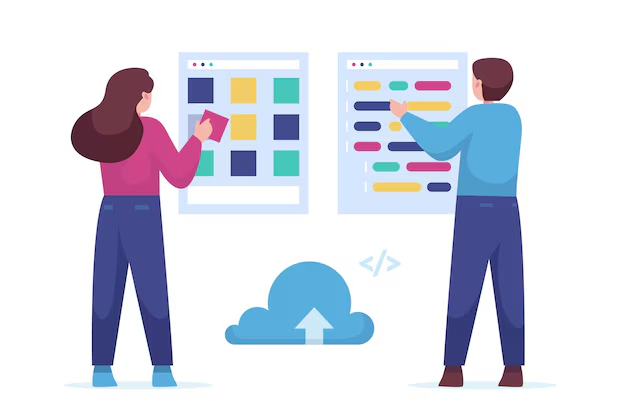
When it comes to ERP systems, businesses often compare Odoo with other major solutions like SAP, Oracle, or Microsoft Dynamics. Each system has its own advantages and disadvantages:
- Odoo ERP: Flexible, easy to use, low cost, but requires high customization.
- Epicor ERP: Focused on manufacturing and distribution, highly specialized, but not suitable for all types of businesses and may require significant customization.
- SAP ERP: Suitable for large enterprises, with complex features, but high costs and requiring significant implementation resources.
- Oracle ERP: Used by global enterprises, highly secure, but expensive and complex to manage.
- Microsoft Dynamics: User-friendly, integrates well with other Microsoft products, but not as powerful as Odoo in customization and scalability.
12. Conclusion
Choosing an appropriate production management software is an important decision that directly affects the operational efficiency and development of the business. To make the right decision, businesses need to carefully consider factors such as features, customization capabilities, integration capabilities, customer support services, and costs. Thoroughly evaluating criteria such as compatibility, integration capability, stability, and cost will help businesses choose the most optimal solution.
Invest time and resources in researching, testing, and selecting software, as this is the stepping stone for businesses to make significant strides in the 4.0 industrial era.